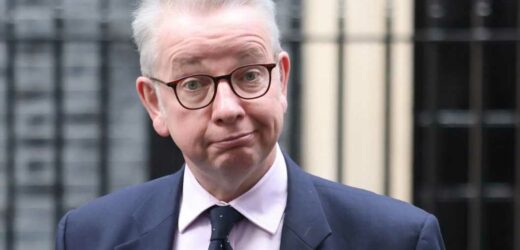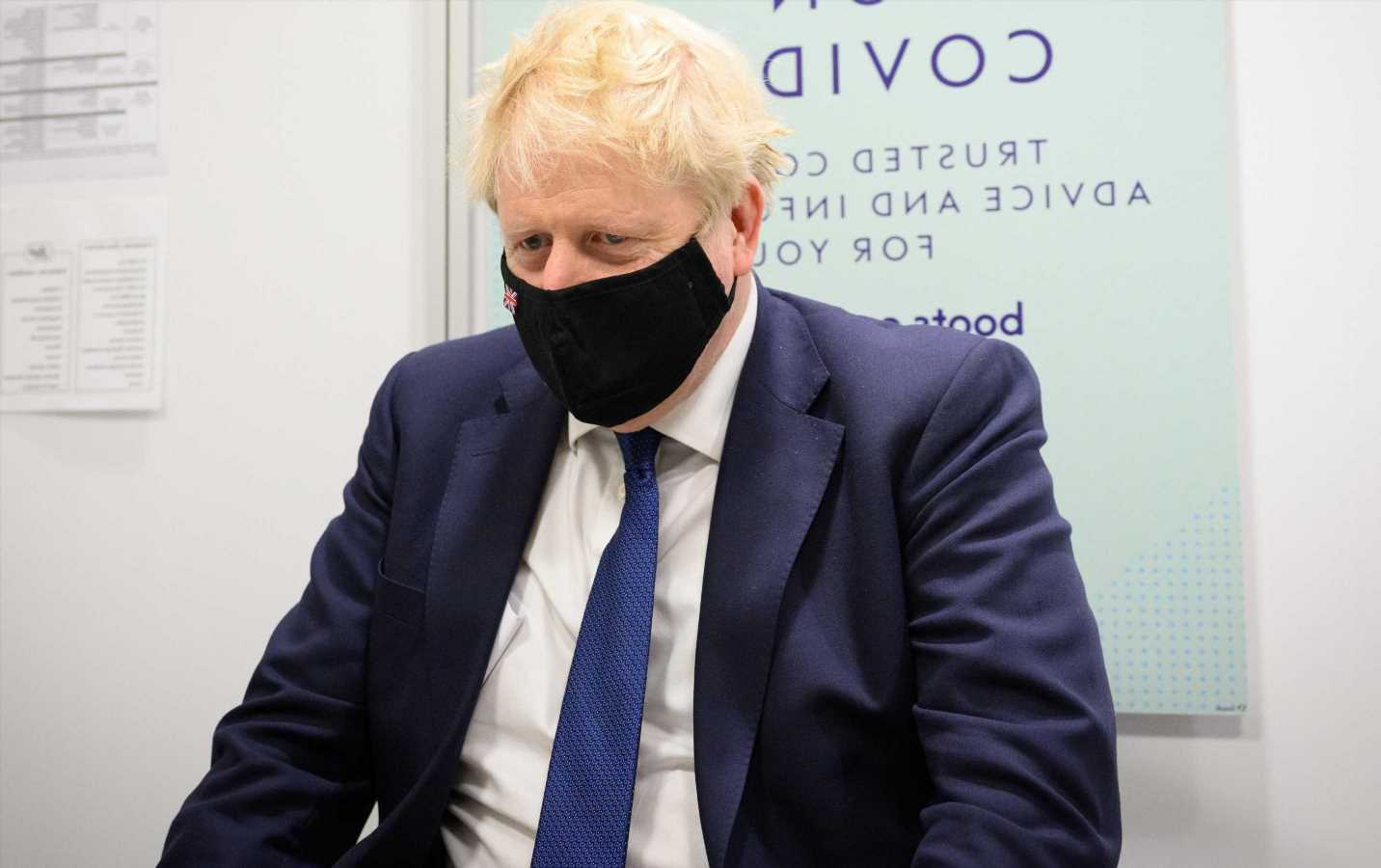MICHAEL Gove is set to warn greedy landlords who profited from building unsafe flats with dangerous cladding: “We are coming for you.”
The Housing Secretary will set out his plans today, which include tasking forensic accountants to track down those responsible.
The proposals to alleviate the scandal that has trapped leaseholders in unsafe and unsellable homes come more than four years after the Grenfell Tower fire left 72 dead.
Mr Gove is expected to announce that leaseholders in buildings between 11m (36ft) and 18m (59ft) tall will no longer have to take out loans to cover remediation work.
He will warn developers: "I am putting them on notice. If you mis-sold dangerous products like cladding or insulation, if you cut corners to save cash as you developed or refurbished homes, we are coming for you."
Ministers will pressure developers to cover it through threats of taxation or legislation, with no new Treasury money for the task.
Cladding on flats and tower blocks became a major issue after the Grenfell Tower fire in 2017.
The controversial building material, which was said to improve the insulation and look of blocks, has been dubbed a "silent killer".
Most read in The Sun
FAD & FICTION The ten diet rules you should IGNORE if you want to lose weight
Antiques Roadshow guest snaps angrily at expert before BIG jewels valuation
Dear Boris, fix things or admit being PM is too much for you, Yours Piers
Robbie Williams can't sell £7million mansion – but refuses to lower price
Gove has said he wants to work with developers on the issue, but would use legal means if necessary to get them to recognise their responsibility.
He has today written to the industry, giving a deadline of early March for them to agree a fully funded plan or action.
In it he said: "Our home should be a source of security and pride. For too many of the people living in properties your industry has built in recent years, their home has become a source of misery. This must change."
It is understood that Gove may introduce a tax on developers who need to do more to fix problems on their buildings.
His letter asks companies to agree to:
- make financial contributions to cover the cost of fixing unsafe cladding on 11-18 metre buildings
- fund and undertake all necessary remediation of buildings over 11 metres that they have played a role in developing
- provide comprehensive information on all buildings over 11 metres which have historic safety defects and which they have played a part in constructing in the last 30 years
Speaking to Sky, Gove said: "It's a straightforward question. Should it be those with the big bucks, the big profits, who have been responsible for the construction of these buildings and who are the ultimate owners of these buildings?
"Or should it be individuals who have worked hard in order to get a mortgage and who are now being saddled with costs for faults that were not their responsibility?
"If you put the question like that I think there can only be one answer."
There have, in recent years, been a number of incidences of residents being hit with huge bills for cladding works on their buildings.
One flat-owner was given a £100,000 bill to help fund the cost of replacing dangerous cladding on her home – she had bought the property in Leeds for £180,000.
Gove said it was "wrong" that leaseholders who live in such properties should be asked to pay to fix cladding problems.
He said: "The leaseholders didn't create this problem and in many cases the sums concerned are sums that these poor individuals simply can't pay."
Many residents are also unable to sell their homes until cladding issues are sorted.
Which? has also reported that some residents have seen their buildings insurance rocket in the wake of the Grenfell fire.
What are your rights if you live in an unsafe building?
The building owner or management company is ultimately responsible for ensuring a property is safe to live in.
That includes removing or replacing unsafe cladding.
But there is no law saying that the cost of such works can't be passed on to leaseholders.
If you're concerned about the safety or your building and the owner is not taking steps to sort the problems, you can contact your local authority, the Fire and Rescue Service, and the Department of Housing Communities and Local Government for advice.
You can find your local council using the government website.
The government did initially set up a £5billion Building Safety Fund to help cover the cost of remedial work but the deadline for this has passed.
If you live in an unsafe building and want to sell, mortgages lenders will require certain safety checks to be done before you can start the process, but these can be expensive and difficult to get.
Source: Read Full Article







